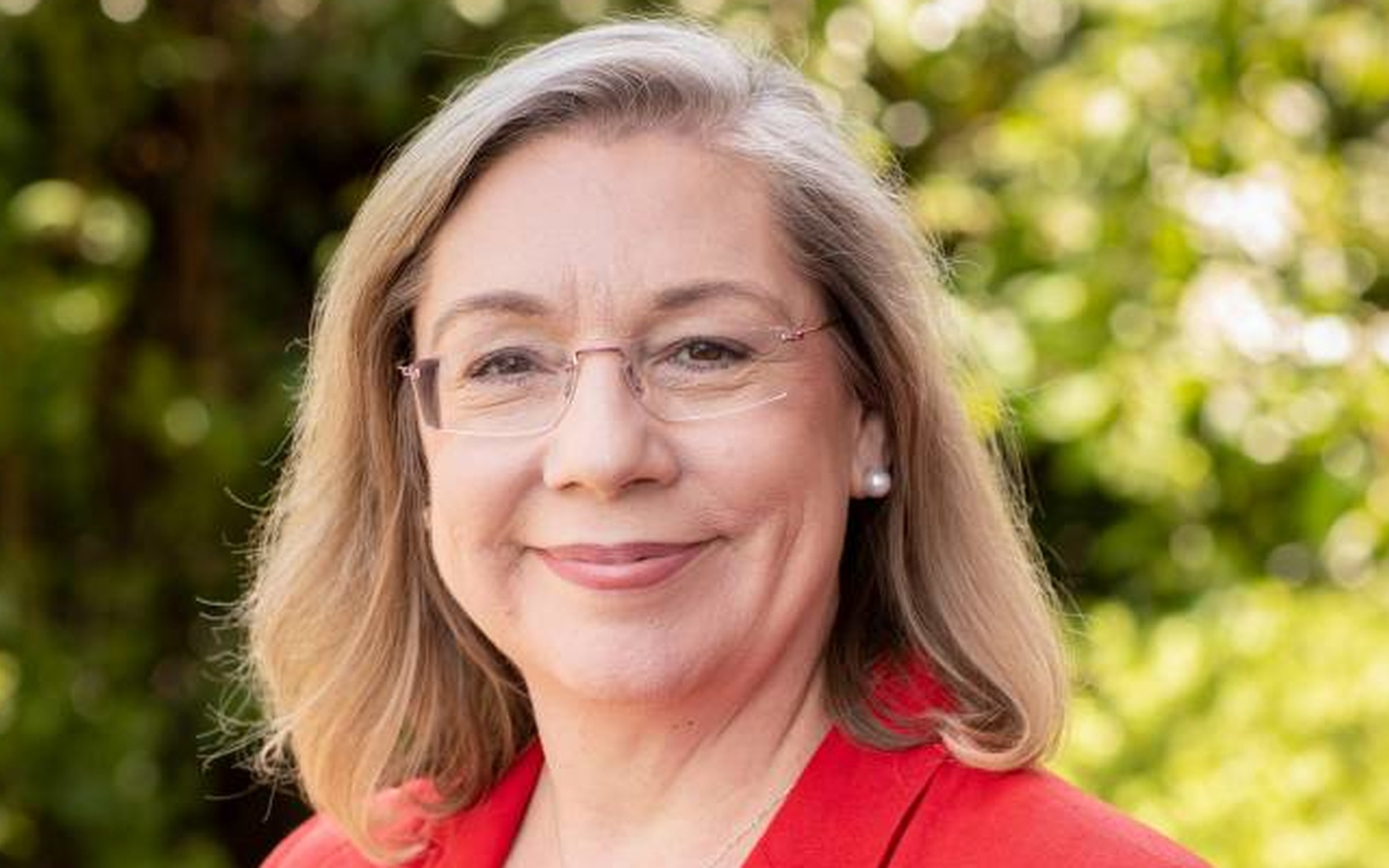A damning NCVO has found “a lack of interest or action on diversity and inclusion at senior leadership levels” within charities surrounding volunteering.
This inaction by charity leaders is among key barriers Black, Asian and Minority Ethnic (BAME) and disabled people are facing when offering their time for free to good causes.
Disabled volunteers are faced with “daunting application forms or inaccessible buildings”. One in seven (16%) disabled volunteers said that volunteering negatively impacted on their health and wellbeing, compared to less than one in ten (9%) non disabled volunteers.
Meanwhile, promotion of volunteering is leaving some volunteers excluded and inflexible roles are not taking into account the diverse lives of volunteers.
In addition, the NCVO found “negative attitudes of staff or other volunteers that create a closed or exclusive culture”.
“If governing bodies and senior staff embrace diversity, it is more likely to be prioritised, resourced, and embedded.,” states the report.
“Where senior level buy-in was in place, organisations were much more likely to be successful in creating inclusion and increasing diversity within volunteering.”
Satisfaction rates among BAME volunteers was lower, at 91%, than among white volunteers, at 96%, the NCVO research found.
The findings have been revealed in the NCVO’s report Time Well Spent: Diversity and Volunteering. This is the third in a series of focused reports by the charity infrastructure organisation into volunteering.
“Our research shows that while organisational approaches to diversity are shifting across the voluntary sector, there are still significant barriers to diversity and inclusion in volunteering,” said NCVO director of membership and engagement Sarah Vibert.
Lessons for the charity sector to learn, include simplifying volunteer recruitment and support processes, improving messaging and imagery around promotion and creating clear processes to challenge discriminatory behaviour.
The report notes that, “if volunteers see themselves in organisational imagery they are likely to feel more welcome”.
Diversity must also be embedded across charities’ organisation, including among trustees, leaders and staff, the NCVO warns.
Vibert added: “The recommendations in our report, such as providing better support and a welcoming environment for volunteers, will improve the volunteer experience for many, and help organisations attract and retain a broader range of volunteers in the months and years to come.”
Latest News
-
Regulator urges charities to 'avoid character attacks' on politicians
-
Energy regulator announces a further £20m in funding
-
Autism support charity to close ‘due to a significant fundraising deficit’
-
Case study: How Snapdragon and Mission 44 built a partnership that goes beyond funding
-
Charities Aid Foundation CEO to retire
-
Value of wider impact economy revealed
Charity Times video Q&A: In conversation with Hilda Hayo, CEO of Dementia UK
Charity Times editor, Lauren Weymouth, is joined by Dementia UK CEO, Hilda Hayo to discuss why the charity receives such high workplace satisfaction results, what a positive working culture looks like and the importance of lived experience among staff. The pair talk about challenges facing the charity, the impact felt by the pandemic and how it's striving to overcome obstacles and continue to be a highly impactful organisation for anybody affected by dementia.
Charity Times Awards 2023
Mitigating risk and reducing claims

The cost-of-living crisis is impacting charities in a number of ways, including the risks they take. Endsleigh Insurance’s* senior risk management consultant Scott Crichton joins Charity Times to discuss the ramifications of prioritising certain types of risk over others, the financial implications risk can have if not managed properly, and tips for charities to help manage those risks.
* Coming soon… Howden, the new name for Endsleigh.
* Coming soon… Howden, the new name for Endsleigh.
Better Society

© 2021 Perspective Publishing Privacy & Cookies














Recent Stories